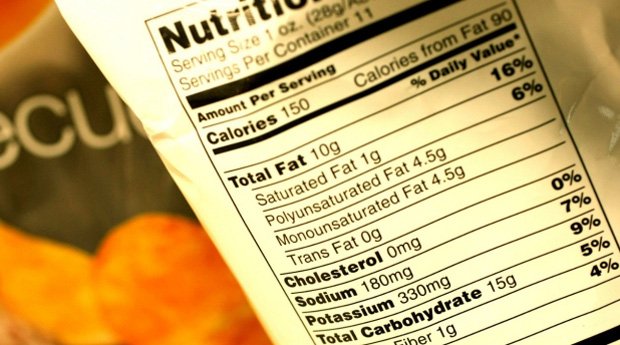The Department of Health’s bid to introduce new labeling and advertising regulations on food products has been met with strong opposition from various religious groups and NGO’s, who have pointed to the additional costs retailers and producers are likely to face for stocking and producing religiously certified products.
It has been reported that the regulations will require retailers and manufacturers of religiously certified products, to make available additional products that do not visibly showing any such certification on its labeling. The proposed law was originally tabled in draft form earlier this year, with the public comments period concluding this past Friday.
According to Altair Richards, a specialist in healthcare and pharmaceutical law at ENS Africa, there was a sense of ambiguity surrounding the proposed regulations. She said there was confusion over whether the new laws would require products to have duplicated packaging without certification, or whether retailers would need to stock two different sources of the same product.
“It is very confusing, and contrary to what people are required to do under the Consumer Protection Act. This is to give consumers as much information as possible, that allows them to make their own decisions about what foods they are purchasing,” she explained.
She described such regulations as extremely counter-intuitive and stressed that the underlying issue was the department’s attempts to impose harsh restrictions, that would bring about additional costs for both producers and retailers. These regulations are expected to heavily impact stores that sell halal and kosher only foodstuff.
“Using the example of the manufacturer, now you are going to impose an additional cost on manufacturers of halal and kosher foods. Quite frankly, there is a freedom of religion issue here as well,” she said.
Despite the concerns, Richards was hopeful the department would take into account the numerous public comments in opposition to the regulations, before passing final judgment on the law.
“It is my understanding that National Interfaith Council of South Africa (Nicsa) intended making specific submissions in relation to these regulations, and I know the Jewish community has as well,” she said. VOC (Mubeen Banderker)






 WhatsApp us
WhatsApp us 

